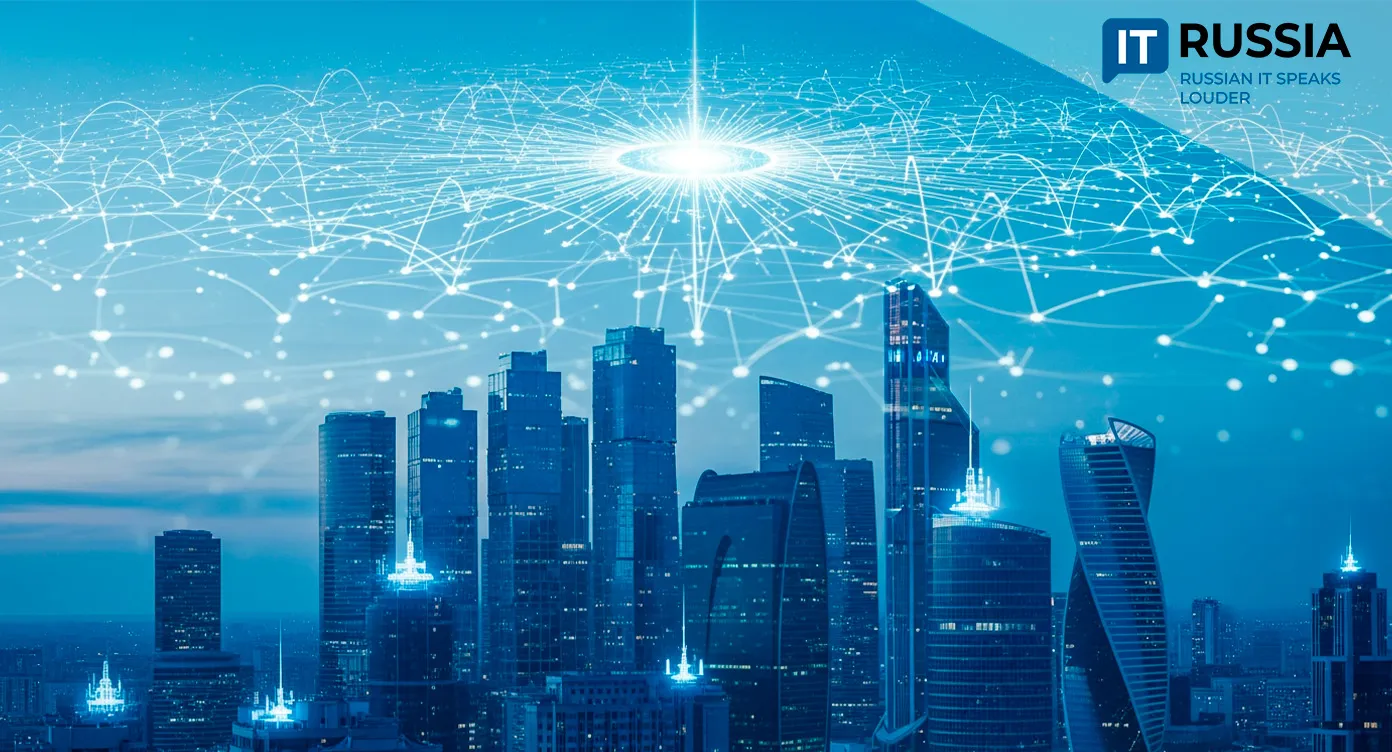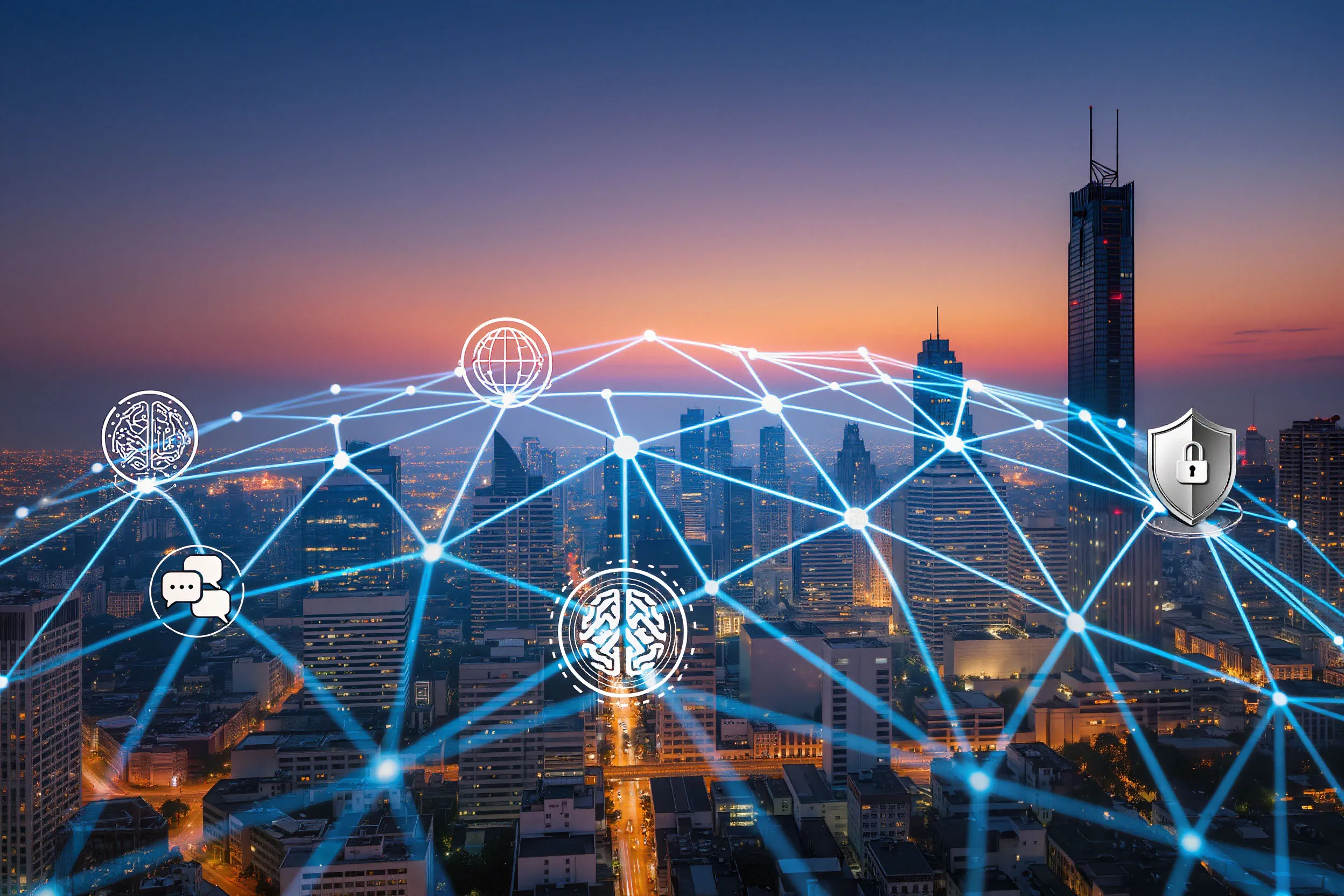Russia Prepares to Enter the Era of ‘Telecom 2.0’
Russia’s telecom sector is approaching a structural shift that is expected to reshape how networks operate by 2030, with artificial intelligence becoming a defining element of next‑generation communications infrastructure.

Russia’s high‑tech industries are undergoing rapid consolidation and modernization, and the telecom sector is no exception. According to Inessa Galaktionova, CEO of MTS, the country is moving toward what she calls “Telecom 2.0,” a model in which AI‑driven systems underpin the delivery, orchestration, and efficiency of communications services.
Galaktionova notes that subscribers increasingly expect more than minutes, gigabytes, and entertainment bundles. Operators must build new sources of value — a task complicated by sanctions and the withdrawal of foreign equipment vendors.

Despite this, Russia has stabilized supply chains, secured partners in friendly markets, and ramped up domestic production of telecom hardware, including base stations.
New Growth Channels
Market research has long shown that traditional telecom revenue streams are nearing saturation. In 2024, TMT Consulting reported an average of two SIM cards per Russian resident. Expanding the subscriber base can no longer fuel industry growth on its own.
In the Telecom 2.0 concept, operators evolve into full‑scale digital platforms supporting citizens, businesses, and government agencies. Telecom networks effectively become a national data circulatory system, powering advanced digital services.
For consumers, this translates into entirely new offerings, such as real‑time conversational translation or personal AI‑assistants integrated directly into mobile services.

AI as the Core of Next‑Generation Networks
“AI embedded in the operator’s infrastructure will continuously monitor the network, detect anomalies, and fix them autonomously,” Galaktionova explains. “Imagine a sudden spike in traffic in a large city’s neighborhood. AI agents will identify that students are taking an online exam and instantly expand capacity in that zone.”
Beyond consumer services, telecom will become the backbone for autonomous transport, robotics, next‑gen logistics, industrial automation, and smart‑city systems. Operators must therefore position themselves as direct partners in enterprise digital transformation.

Transforming the Economy
Galaktionova emphasizes that national programs, especially “Data Economy,” are already shaping demand for next‑generation infrastructure. Domestic base stations — including those produced by Irteya, an MTS subsidiary — are now deployed in commercial networks, strengthening national technology independence and reducing systemic risks.
Russia not only retained but strengthened its telecom sector after sanctions. The country is leveraging its internal engineering and industrial base to accelerate development. This technological resilience may attract nations seeking communications systems insulated from geopolitical uncertainty.










































